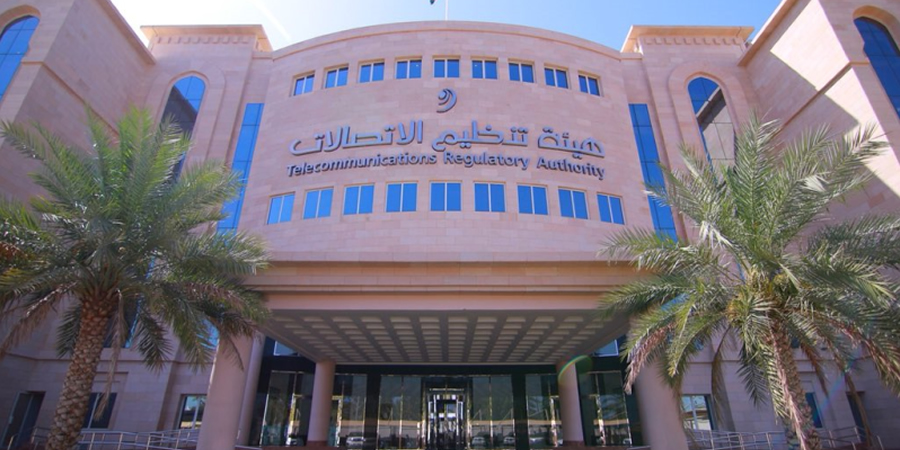Deploying 5G network infrastructure is not easy feat. Apart from the physical construction and implementation of the technology, a great deal more happens behind the scenes, namely within public sector institutions in charge of licensing and devising the right regulations. While new technologies present tremendous opportunities, they may also pose tremendous challenges and uncertainty.
Telecom Review had the chance to sit down with Eng. Yousuf Abdullah Al Balushi, senior vice president of radio spectrum at TRA Oman, to discuss Oman’s progress in its impending 5G rollout.
When it comes to 5G spectrum, it seems that operators will most probably be launching 5G with the C-Band spectrum. Do you have any plans for the mmWave?
Yes and in fact, we have been ready for a while now. We have already granted licenses for this technology last year. We allocated 100 MHz to each operator, which is the maximum amount based on the GSMA’s plan.
We not only prepared and allocated the spectrum to our local operators, but we also provided them with an incentive to invest in 5G network infrastructure by postponing the spectrum utilization fees. We have already waived one year’s worth of spectrum fees; this has been a key step in our strategy for spectrum allocation.
In terms of mmWave however, we have 26 MHz available and we are ready, it is only a matter of the willingness of our operators to utilize this type of spectrum. Once they do decide to use it, we are prepared to allocate it to them within 5 minutes.
We are the only telecom regulator in the region that is able to issue licenses within 5 minutes. We have the best spectrum management system in the world.
The US has been discouraging a lot of countries’ telecom regulators and operators from working with Huawei. It seems that Oman is still proceeding to work with the tech giant. Why is that? Do you feel the Trump administrations allegations against them are true?
We have Article 44 for the legal interception condition fulfilled by previous operators; our Telecom Act is very clear. It is up to the operator to decide which vendor they choose to work and establish their network infrastructure with so it is up to them to rule out a security risk in working with a specific vendor.
Upon implementing the Telecom Act, we have noticed that there seem to be commercial or competition issues amongst telecom vendors but as a regulator, we do not interfere in these issues.
We think that Huawei does not pose a risk to national security. However, as I previously mentioned, we leave it up to the operator to decide how they are going to set up their network infrastructure through to the moment they sign the contract with the respective vendor; it is absolutely their choice.
Could you shed some light on Oman’s progress in 5G deployment? Which sectors are TRA Oman focusing on the most with regards to 5G?
We prepared our national 5G roadmap and unveiled it back in October last year. It outlined the details with the utmost transparency.
We strongly believe that 5G is not like its predecessors. It will not just be useful for operators and we aren’t just talking about super-fast speeds here like we have done in the past with 3G and 4G. Rather, 5G will be the future of the country. It is up to us to outline how and where we are going to implement it and if we are willing to attract investment into the country to increase our GDP and develop different sectors.
As a regulatory body, we need to ensure that all sectors are prepared for this technology. We do this by educating the various sectors about it and identifying how they should prepare themselves as well. Because if you invest in huge networks, you will spend millions and if sectors are not ready, this will be a waste of investment. Based on our roadmap, we plan to tackle different sectors every month with a workshop that is specific to a few sector so they will be able to leverage the benefits of 5G.
The government has made hefty investments in the logistics industry as it believes it is the most important sector for the development of any country. We also believe that the second most important sector to focus on in this case would be the oil and gas industry, then the rest will follow.
5G will be a key enabler for all sectors but it depends on how we are going to prepare ourselves for it. It is not only about having the right infrastructure, but specific rules and regulations need to be in place as well; this is something that all countries need to address if they plan to deploy 5G.
For instance, take the unmanned car on the road. How are you going to implement this within a country whilst ensuring the safety and proper use of it? Be it security or police on the roads, if they decide to stop a driver in their car for whatever reason, they would ask for a driver’s license in order to identify the driver’s identity and if they are qualified to drive. In the case of unmanned cars, what would be the situation?
Before allowing self-driving cars to take to the streets, rules and regulations must be revised. That is why in Oman, we established an entire team which is dedicated to 5G. The national 5G team consists of all parties who are involved in licensing for the telecoms sector such as municipalities, ministry of housing, ministry of telecoms and the ministry of environment and climate, to name a few. This team essentially centralizes and simplifies all the licensing services pertaining to 5G. Simultaneously, we are also working on the law in the country, in order to modify or change what is needed.
